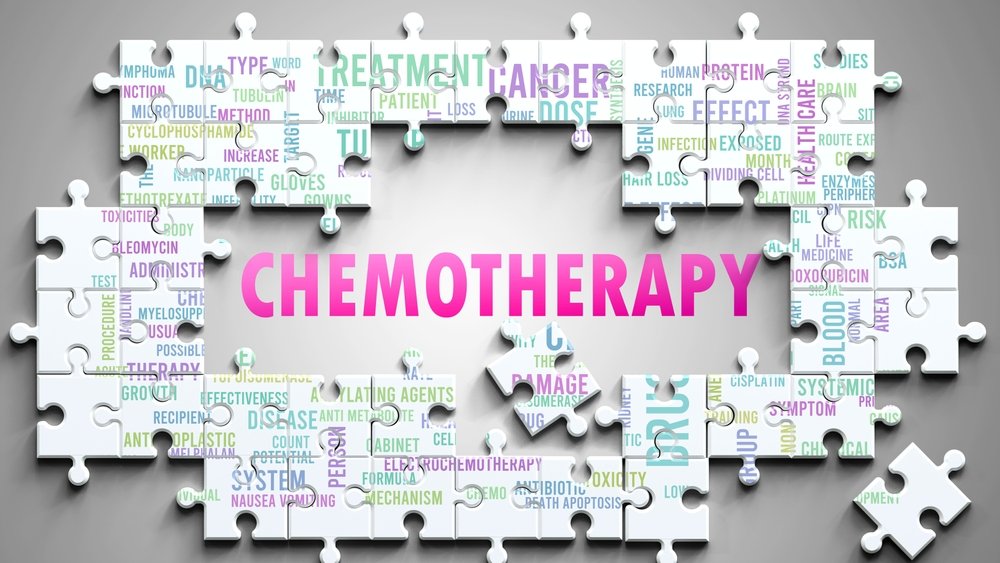Menstrual Tips for Individuals Undergoing Chemotherapy
Chemotherapy is a powerful tool in fighting cancer, but it can bring along several side effects, one of which is a disruption in the menstrual cycle. Many individuals experience irregular periods or may stop menstruating entirely during chemotherapy. For some, this is temporary, but for others, it may signal the onset of menopause. Managing these changes can feel overwhelming, but there are steps you can take to care for yourself during this time.
What Happens to the Menstrual Cycle During Chemotherapy?
Chemotherapy works by targeting rapidly dividing cells in the body, which unfortunately includes the cells in your ovaries. This can disrupt your body's ability to produce hormones that regulate your menstrual cycle, leading to missed periods, irregular cycles, or heavier-than-normal bleeding. While these changes are temporary for some, others may enter early menopause, depending on their age and the specific chemotherapy drugs used.
Discuss Fertility Concerns Before Treatment
Before starting chemotherapy, it’s important to talk to your oncologist about any fertility concerns you may have. Chemotherapy can affect your ability to conceive in the future, especially if you are of reproductive age. Understanding the risks and exploring fertility preservation options can help you make informed decisions about your health and future family planning.
Why Discuss Fertility?
Chemotherapy can damage ovarian function and, in some cases, lead to temporary or permanent infertility. Addressing these concerns with your oncologist before treatment begins allows you to consider options such as freezing eggs or embryos, which might not be possible once treatment starts. Being proactive ensures that your fertility is part of the treatment plan and gives you peace of mind.
Questions to Ask Your Oncologist:
How will chemotherapy affect my fertility in the short and long term?
What fertility preservation options are available for me before starting treatment?
Will this treatment put me at risk for early menopause?
Should I consult a fertility specialist before starting chemotherapy?
How long after treatment would it be safe to try to conceive?
If you receive any pushback or have concerns about discussing fertility, please feel free to reach out to me for guidance. I can help you navigate this conversation with your healthcare team.
Tips for Managing Menstrual Symptoms During Chemotherapy
Even though chemotherapy is challenging on its own, managing menstrual symptoms simultaneously requires some thoughtful strategies. Here are some tips to make things easier:
Rest and Energy Management
Chemotherapy can lead to extreme fatigue. If you’re also dealing with menstrual cramps or heavy bleeding, make sure to prioritize rest and give your body time to recover.
Hydration and Nutrition
Staying hydrated and eating nutrient-dense foods is vital. Focus on foods that support energy levels and immune function, like leafy greens, whole grains, and fruits.
Managing Pain and Discomfort
Menstrual pain can worsen during chemotherapy. Consult your healthcare provider about safe pain relief options, such as heating pads, stretching, or low-impact exercise.
Mood Support
Hormonal changes combined with the stress of chemotherapy can trigger mood swings. Gentle activities like journaling, mindfulness meditation, or light movement may help manage emotional health.
Curious to learn more?
Book: Bald is Better with Earrings: A Survivor's Guide to Getting Through Breast Cancer by Andrea Hutton
This honest and practical guide covers chemotherapy’s impact on an individual's health, including menstruation and fertility, and offers personal experiences and tips for managing treatment-related side effects.
Coming Up!
For the next 4 weeks, we’ll be diving into how menstrual cycles are impacted by various cancer treatments, including radiation, surgery, immunotherapy, and clinical trials, along with tips to help manage these changes.
As we delve deeper into how cancer treatment affects menstruation in future blog posts, stay tuned for a detailed look in October 2024 at how cancer impacts individual hormones.
